- MALAYSIA EXPRESSES CONCERN OVER ESCALATION IN YEMEN, SUPPORTS DE-ESCALATION EFFORTS AND UPHOLDS YEMEN’S SOVEREIGNTY AND UNITY – Press Releases – Portal kln.gov.my
- Saudi-led coalition demands Yemen separatists withdraw forces Dawn
- Saudi…
Category: 2. World
-
MALAYSIA EXPRESSES CONCERN OVER ESCALATION IN YEMEN, SUPPORTS DE-ESCALATION EFFORTS AND UPHOLDS YEMEN’S SOVEREIGNTY AND UNITY – Press Releases – Portal – kln.gov.my
-
A timeline of disaster: How extreme weather battered Europe this year – Euronews.com
- A timeline of disaster: How extreme weather battered Europe this year Euronews.com
- Cyclones, floods and wildfires among 2025’s costliest climate-related disasters The Guardian
- Heatwaves wildfires droughts and storms cost world more than USD 120…
Continue Reading
-

‘The sight of it is still shocking’: 46 photos that tell the story of the century so far | Photography
At the turn of the century there was a modest debate, mainly conducted on the letters pages of the newspapers – back then, still the prime forum for public discussion – as to when, exactly, the new millennium and the 21st century began. Most…
Continue Reading
-
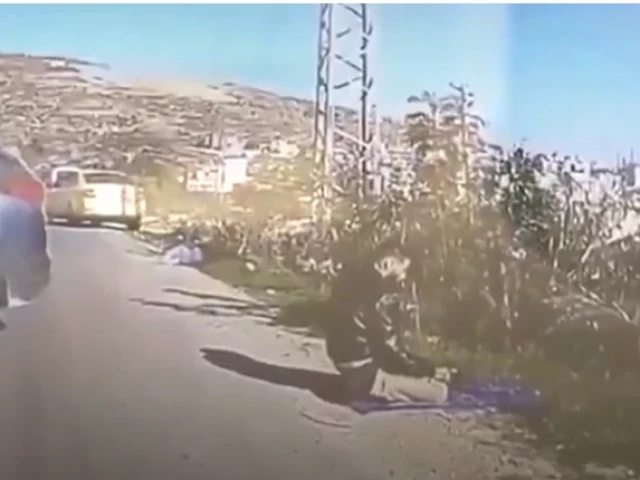
Israeli reservist under house arrest after running over Palestinian man in West Bank
Drives vehicle into a Palestinian man praying on the roadside, weapon confiscated as penalty for violating authority
An Israeli reservist soldier rammed…
Continue Reading
-
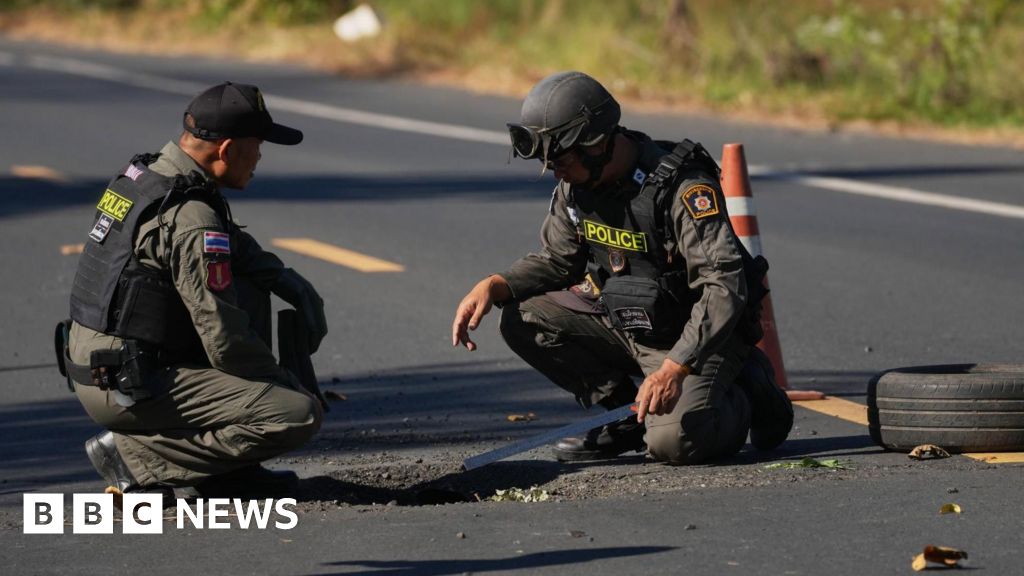
Thailand and Cambodia agree ceasefire after weeks of deadly clashes
Thailand and Cambodia have agreed to an immediate ceasefire, the defence ministers of the two countries said in a joint statement on Saturday.
Both sides have agreed to freeze all troop movements and allow civilians living in border areas to…
Continue Reading
-
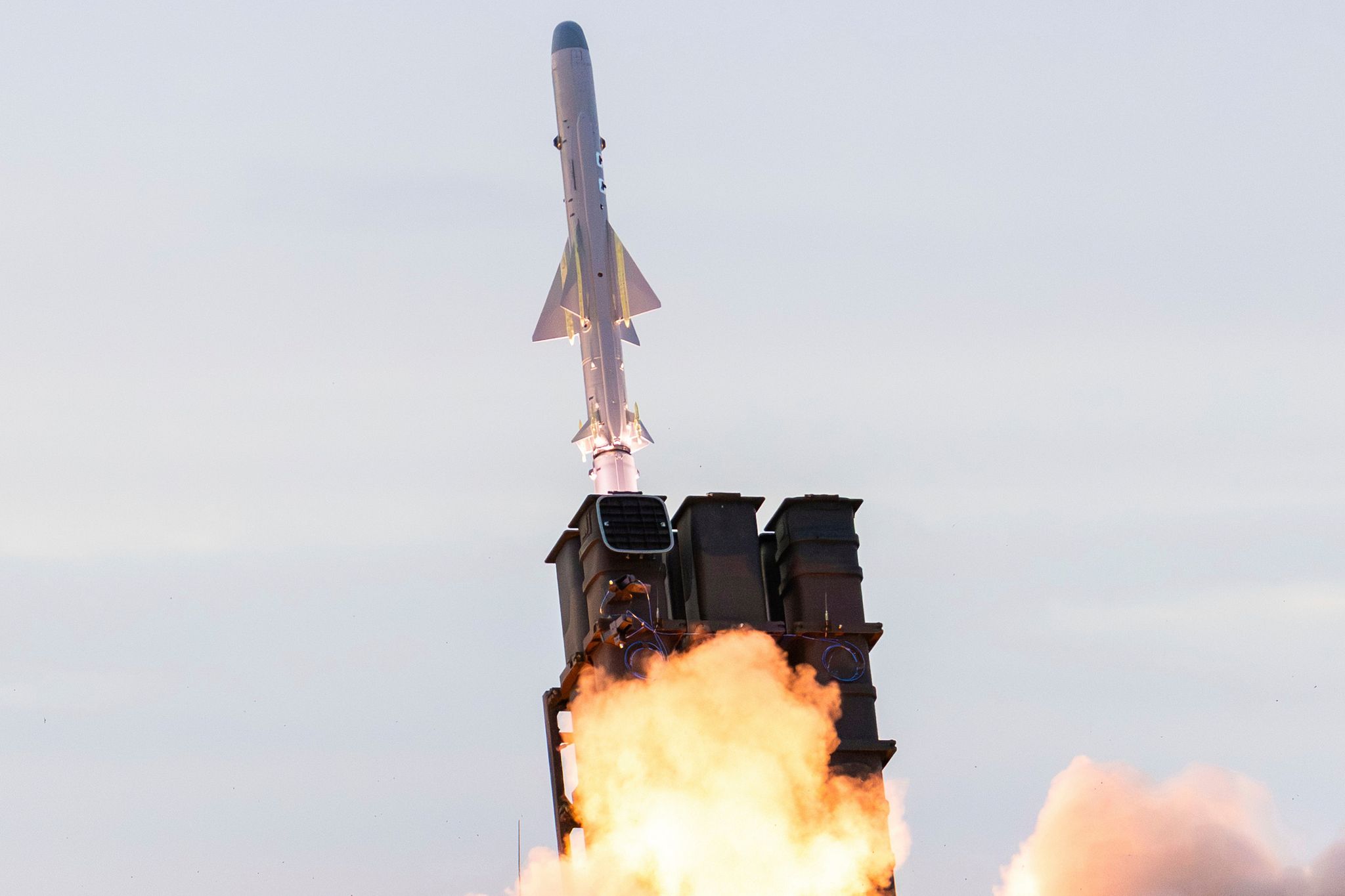
Cabinet OKs record defense budget that aims to deter China
Japan’s Cabinet on Friday approved a record defense budget plan exceeding 9 trillion yen ($58 billion) for the coming year, aiming to fortify its strike-back capability and coastal defense with…
Continue Reading
-
UN peacekeeper injured in gunfire near ‘Blue Line’ in south Lebanon – UN News
- UN peacekeeper injured in gunfire near ‘Blue Line’ in south Lebanon UN News
- UN peacekeeper injured from Israeli gunfire near patrol in southern Lebanon Anadolu Ajansı
- UNIFIL: Heavy fire from Israeli positions near patrol وكالة…
Continue Reading
-
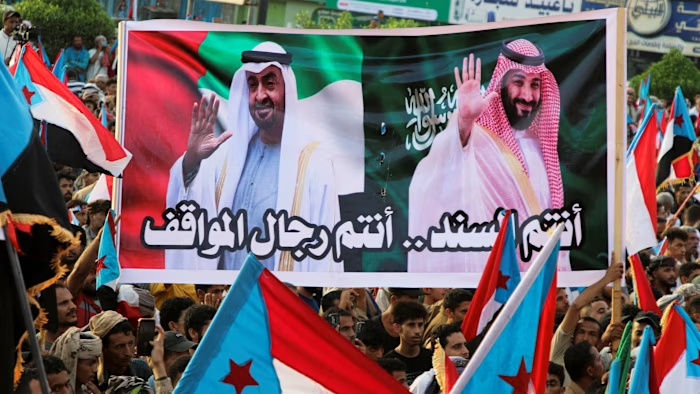
Saudi strikes UAE-backed faction in Yemen as Gulf rift deepens
Saudi Arabia has launched air strikes against a separatist faction in Yemen that is backed by the United Arab Emirates, underscoring a deepening rift between the Gulf’s two powerhouses.
The UAE-backed Southern Transitional Council said on…
Continue Reading
-
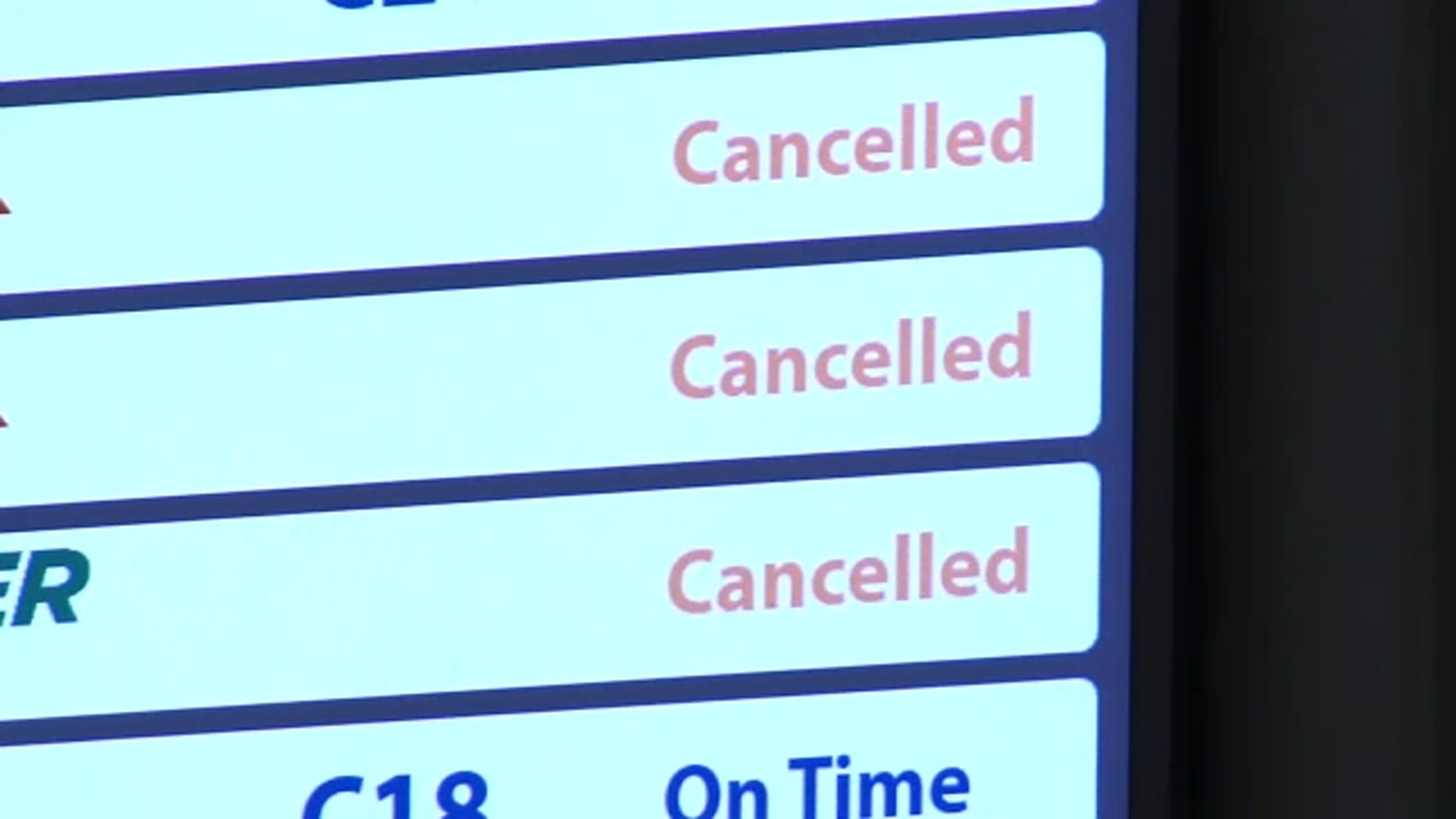
Holiday travel headaches 2025 | Delays, cancellations pile up at Raleigh-Durham International as winter storm hits Northeast
RALEIGH, N.C. (WTVD) — A winter storm barreling toward the Northeast caused delays and cancellations to pile up at Raleigh-Durham International Airport on Friday.
The major winter storm is expected to bring several inches of snow across the…
Continue Reading
-
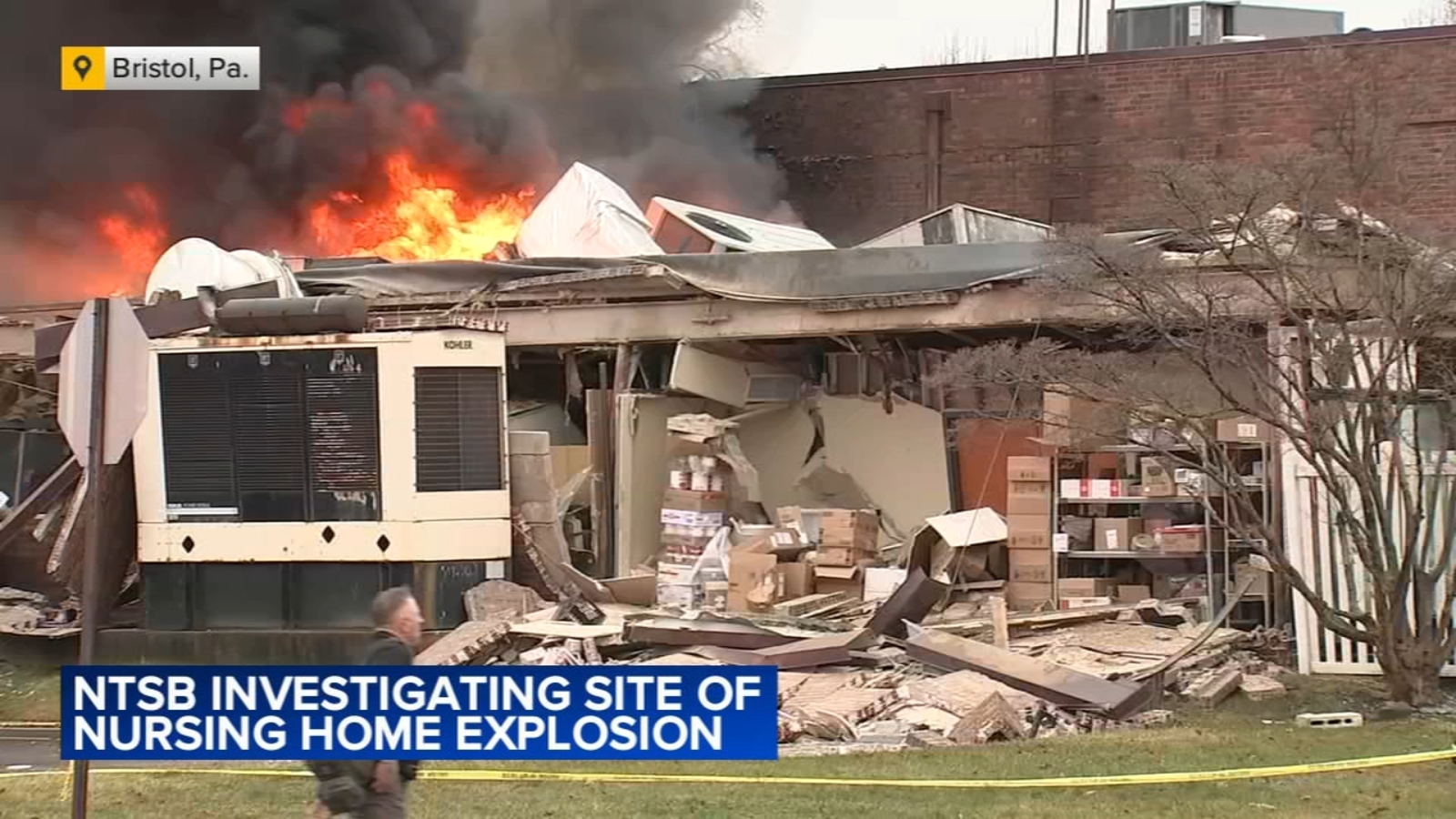
NTSB provides update on deadly nursing home explosion in Bristol Township, Bucks County
BRISTOL TWP., Pa. (WPVI) — The National Transportation Safety Board provided an update Friday on the deadly explosion at a nursing home in Bristol, Bucks County.
The agency said it is testing the natural gas service line that runs from the street…
Continue Reading